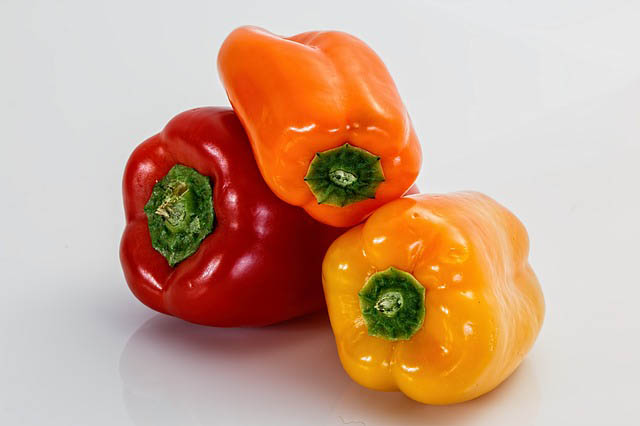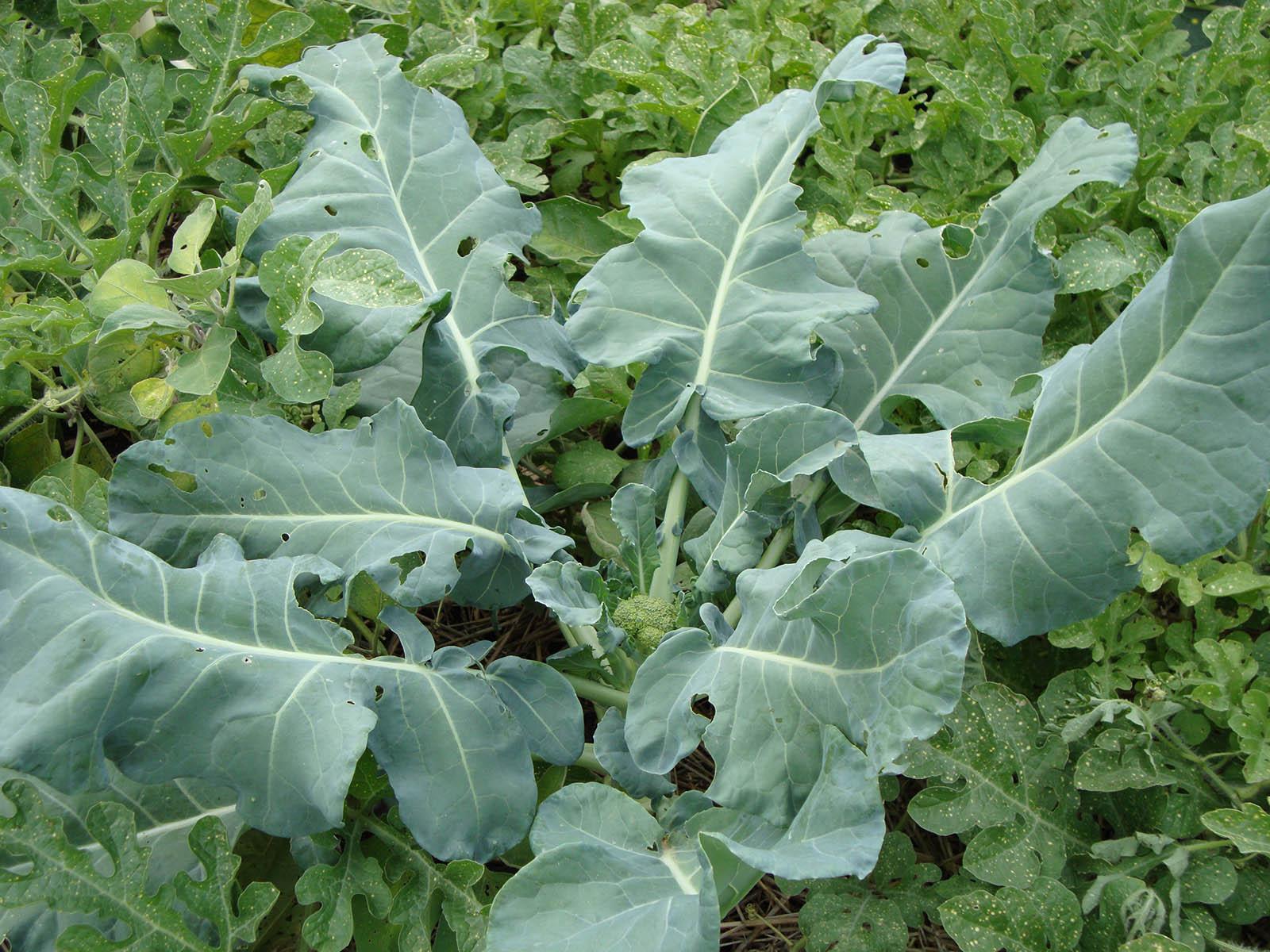
If your garden does suffer from diseases or insects there are several options for managing the issues to slow down the spread or save the plant. Gardeners can use organic or conventional treatment options to deal with most issues. Knowing what to use and when to use it can help keep gardens healthy and productive throughout the season.
Chemical measures may be undesired in a home garden, but there are many options available to the home gardener that can be incorporated as part of an integrated approach. Correctly identify whether the signs and symptoms that you are noticing on your plants are the results of an insect or disease.
Pesticides are classified based on whether they kill, repel, or control either insects, weeds, or fungi, and choosing the wrong product will be ineffective and waste time and money. Read the pesticide label before you purchase the product, and make sure the pest and vegetable are listed. The label has instructions on how to mix, apply, and optimally treat for the pests. There are likely multiple products and formulations that may be labeled for what you need, but it’s best to consider using the least toxic, yet most effective options. Least toxic options include insecticidal soap, horticultural oil, botanical products like neem oil, and biological insecticides like bacillius thuringiensis. Many of these products have a zero-day preharvest interval, meaning there are no days to wait between the last application and harvest date. These products require complete coverage to protect the plant and repeat applications, which is the tradeoff for using an organic product.
Regardless of whether you choose an organic or conventional product, it is important to reduce exposure to people, children, and pets during and after the application. Protect the environment by preventing the movement of chemicals from the treatment area, as it can damage other plants and kill beneficial insects like bees and other pollinators. It may also have the potential to enter waterways and aquatic habitats, causing harm to fish, birds, and other wildlife.
- Landscape and Garden Plants Sample Submission to the Plant and Pest Diagnostic Clinic - G2227
- Diagnoses are made easier and turnaround time is improved when the quality of plant samples is maintained. This NebGuide discusses the proper guidelines for submitting landscape and garden plants, turf, and tree samples to UNL's Plant and Pest Diagnostic Clinic.
- Common Garden Insects
- UNL Extension Entomologist Jim Kalisch examines some common vegetable garden insects and their control
- Blossom End Rot in Tomatoes - G1752
- Identifying and preventing blossom end rot in tomatoes is covered in this NebGuide.
- Common Vegetable Diseases
- UNL Extension Plant Diagnostician Amy Ziems shows us some common diseases that show up in vegetable gardens and talks about how to avoid them.
- Special Tomato Problems
- UNL Extension Asst. Educator Sarah Browning shows us different problems that can arise when growing tomatoes and helps us avoid them
- Fusarium Potato Rot
- Nebraska Extension Educator Amy Timmerman talks about how to harvest and store potatoes to avoid fusarium rot
- Corn Smut
- Nebraska Extension Educator Tamra Jackson-Ziems shows us a common fungus on corn.
- Bacterial Disease on Peppers
- Nebraska Extension Educator Amy Timmerman shows tiny bacterial spots on pepper plants and talks about how to manage them.
- Squash Bugs
- Nebraska Extension Entomologists Jody Green and Jonathan Larson discuss squash bugs and their control.
- Squash Vine Borer
- Nebraska Extension Entomologist Jonathan Larsen gives tips to controlling squash vine borers.
